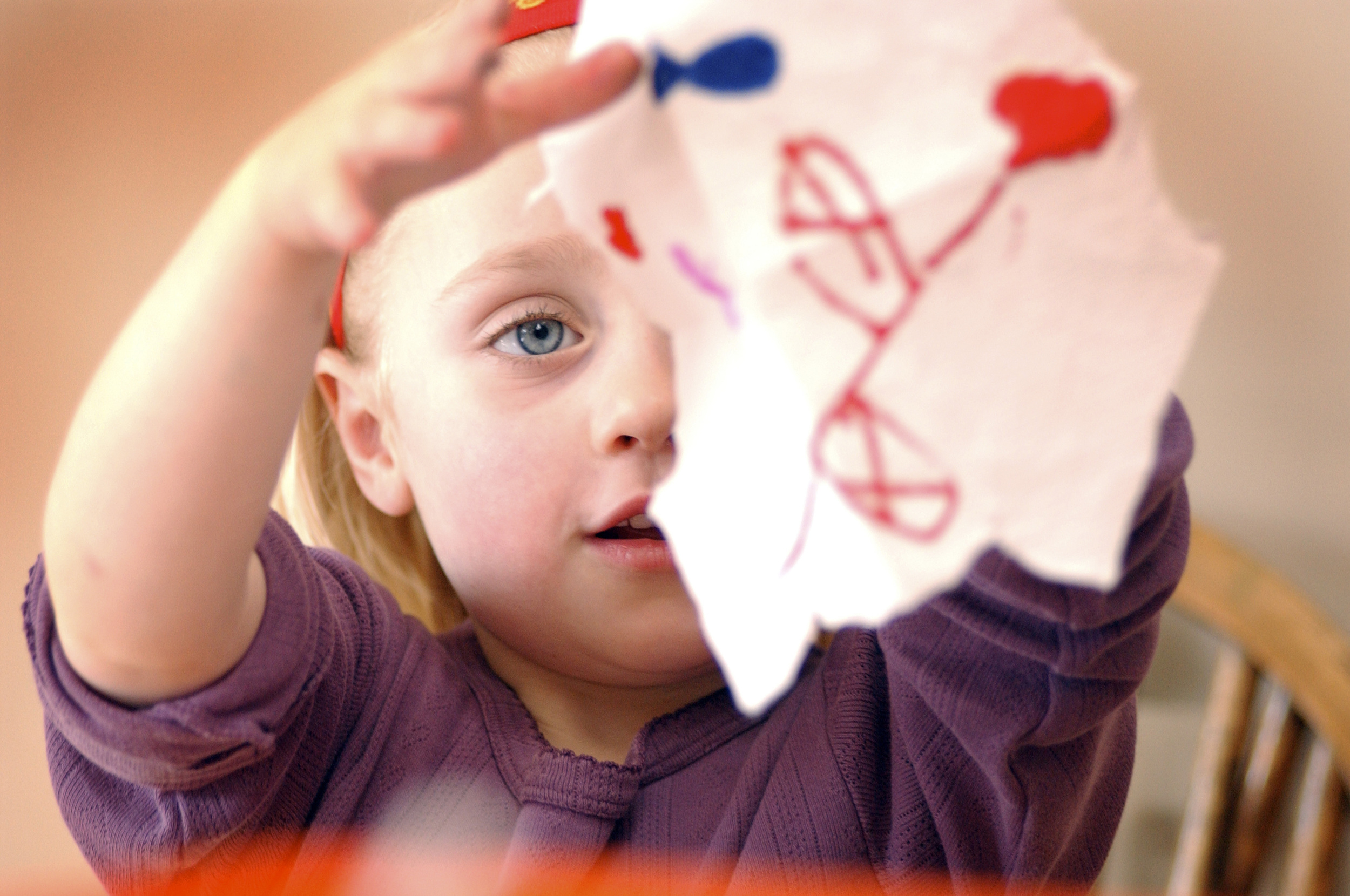Activities for Nonverbal Autistic Children

Finding activities that atypical children enjoy can be challenging. If your child with autism is nonverbal it can seem impossible.
In this article we will lay out some activity ideas that are perfect for your nonverbal child with autism.
But first, let’s examine why it can be so hard to plan activities for your special child.
The challenges of planning activities for a nonverbal autistic child
There are several challenges that can arise when planning activities for a nonverbal child with autism:
- Communication difficulties: Nonverbal children with autism may have difficulty communicating their wants, needs, and preferences, which can make it challenging to plan activities that they will enjoy.
- Sensory sensitivities: Nonverbal children with autism may have sensory sensitivities that can impact their ability to participate in certain activities. For example, some children may be sensitive to loud noises, bright lights, or certain textures.
- Difficulty with social interaction: Nonverbal autistic children may have difficulty engaging with others or participating in group activities, which can make it challenging to plan activities that involve other people.
- Limited interest in certain activities: Nonverbal autistic children may have limited interest in certain activities, which can make it challenging to plan activities that they will enjoy.
- Difficulty with fine motor skills: Nonverbal autistic children may have difficulty with fine motor skills, which can impact their ability to participate in certain activities that require precise hand movements.
- Difficulty with following instructions: Nonverbal autistic children may have difficulty following instructions, which can make it challenging to plan activities that involve step-by-step instructions.
- Limited mobility: Some nonverbal autistic children may have limited mobility, which can impact their ability to participate in certain physical activities.
Overall, it is important to consider the individual needs and abilities of the nonverbal autistic child when planning activities, and to be flexible and willing to adjust the activity as needed.
Activities you can do with a nonverbal autistic child
Art activities – Art activities can be a great way to engage a nonverbal autistic child because they allow the child to express themselves creatively and communicate through their art.
Sensory play – Sensory play activities, such as playing with sand or water, can be especially beneficial for nonverbal autistic children because they allow the child to explore and engage with the world through their senses.
Music and dance – Music and dance can be a fun and engaging way for a nonverbal autistic child to express themselves and practice using their body to communicate.
Outdoor play – Outdoor play can provide a nonverbal autistic child with the opportunity to explore and interact with the natural world, which can be very stimulating and enjoyable for them.
Swimming – Swimming can be a great activity for nonverbal autistic children because it allows them to move their bodies in a low-impact, supportive environment.
Cooking and baking – Cooking and baking can be a great activity for nonverbal autistic children because it allows them to practice following instructions and engage with the world through their senses. It can also help to develop fine motor skills and provide a sense of accomplishment and pride.
Gardening – Gardening can be a great activity for nonverbal autistic children because it allows them to learn about plants and the natural world, and it can also provide a sense of accomplishment and pride.
Animal therapy – Animal therapy, such as working with therapy horses, can be a great activity for nonverbal autistic children because it allows them to engage with and care for animals, which can be very calming and therapeutic.
Reading and storytelling – Reading and storytelling can be a great activity for nonverbal autistic children because it allows them to engage with language and ideas in a nonverbal way, and it can also be very calming and enjoyable.
Interactive games – Interactive games, such as board games or video games, can be a great activity for nonverbal autistic children because they allow the child to engage with others in a structured and enjoyable way.